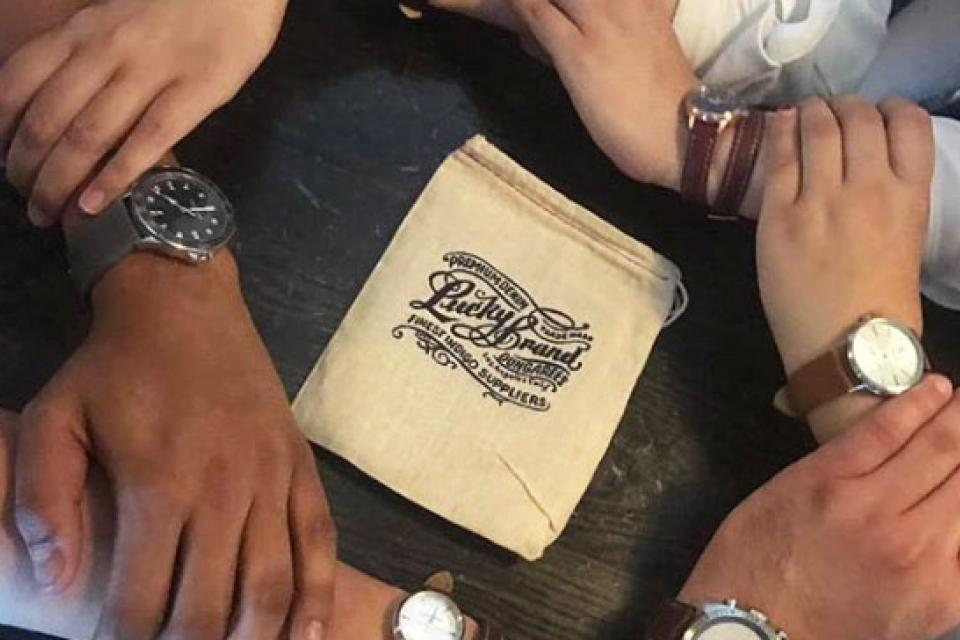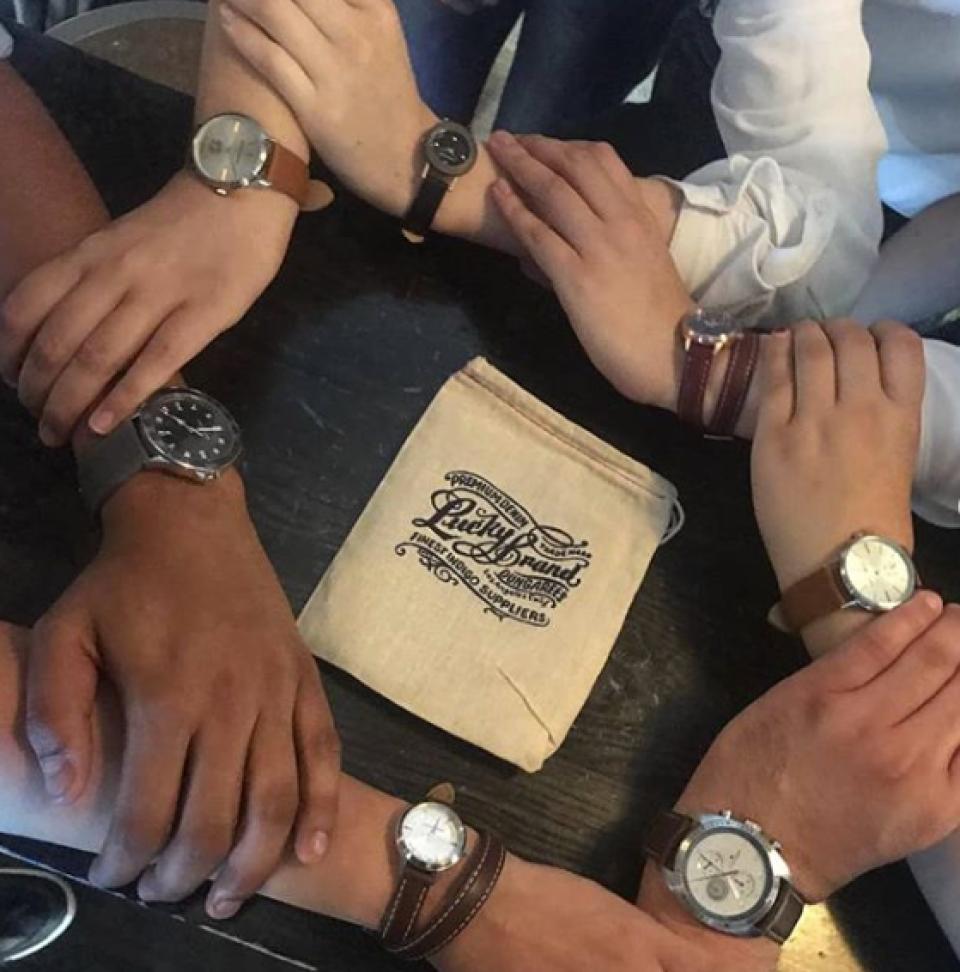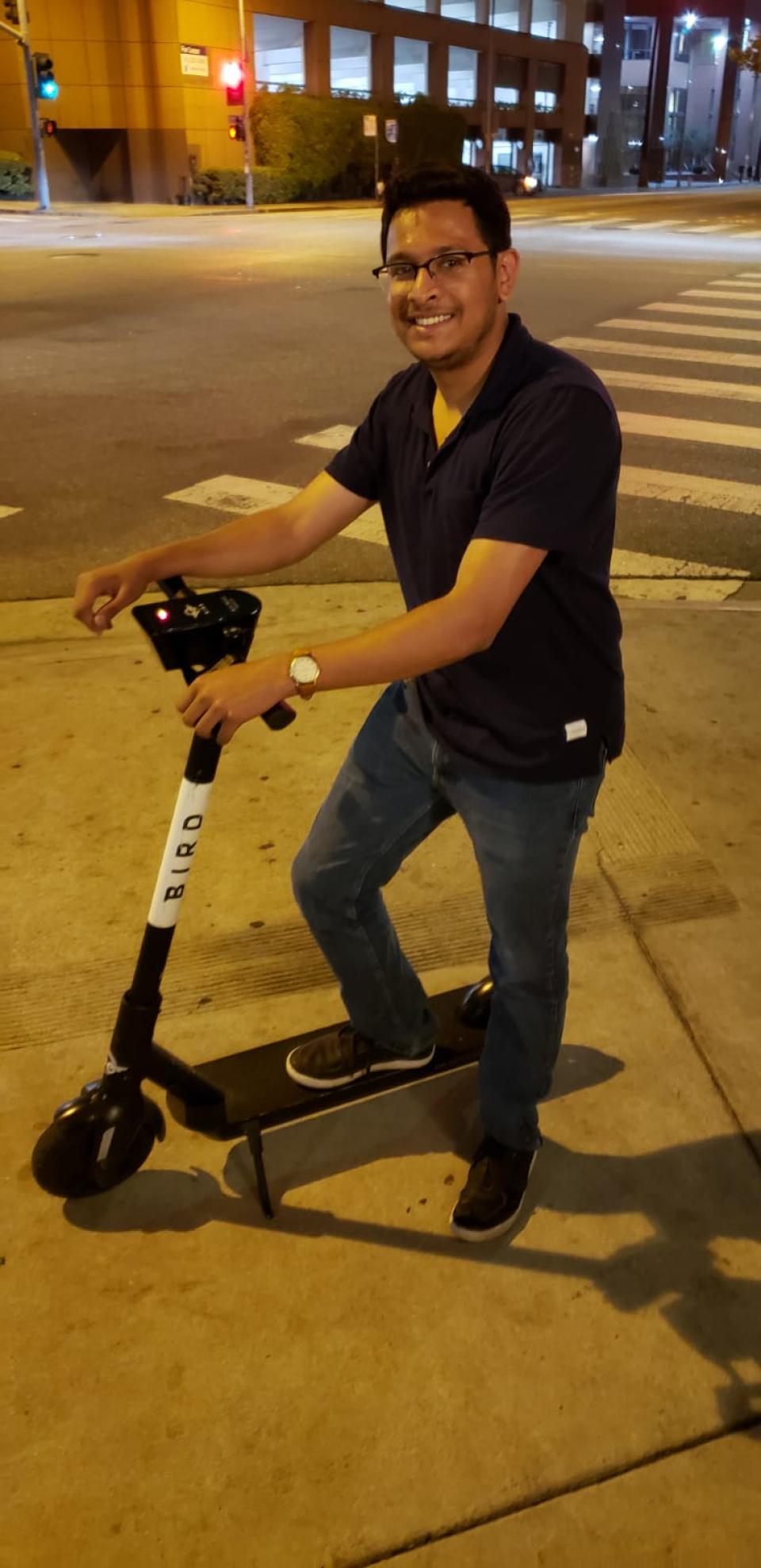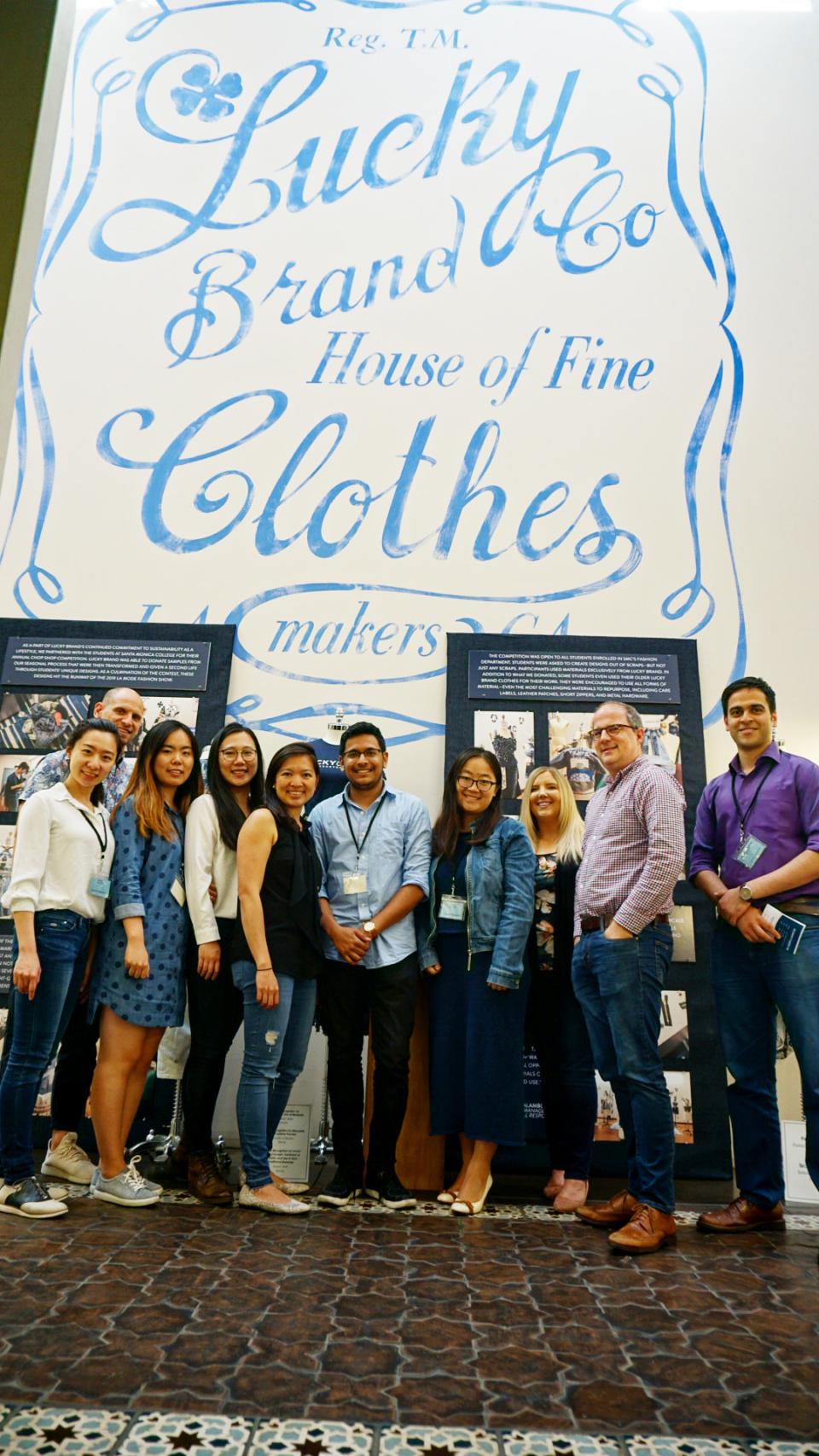Denim Deep Dive: Fashioning Insights for Lucky Brand
MSBA practicum project delivers for top clothing retailer

The practicum project—the cornerstone of UC Davis’ M.S. in Business Analytics curriculum—sets the program apart.
The strategic emphasis and high-level partnerships in these one-year projects offer us the deep, collaborative experience that we’ll encounter in today’s data-driven companies.
Within the first few weeks of my first quarter in the MSBA program, I joined six classmates on a practicum project with international apparel retailer, Lucky Brand.
Our charge: Help optimize Lucky’s inventory across 250 stores in the U.S. and to study customer segmentation data and store locations.
Lucky to Be Involved
Having very little experience in retail, our team started a deep dive by researching. This was a continuous theme of our project.

Our fellow classmate and project manager assigned tasks, and we used Mondays throughout the year to brainstorm solutions, dig into the data and chart our progress. If anyone got stuck, they would immediately reach out to the team. Together, we’d think of solutions. This ensured that work was not stalled at any point.
We met weekly with Lucky Brand’s senior vice president of analytics. We broke down our tasks, showcased our progress and learned something new. We also flew to Lucky Brand HQ in Los Angeles to meet more of their team and discuss our project.
These constant check-ins ensured two things:
- First, that Lucky Brand was on the same page. That we were solving the problems the client wanted us to solve and, we crafted careful expectations for our group.
- Second, it helped us build a better relationship with our clients. I believe that was a big reason we had their buy-in and our project was implemented.
Behind the Data: Inventory, Stores and Customers
Our practicum project with Lucky Brand involved three main goals:
- Inventory optimization: Our group began analyzing inventory data, as that was the most important and financially most impactful category for the company. In five months, our team identified the reason behind an inventory surplus and together, we made recommendations to either eliminate, reduce or reinvest in certain products. Our suggestion saved the company 10% of their investment on inventory.
- Store clustering: Using unsupervised machine learning techniques, our team found a way to cluster Lucky Brand stores. The data suggested that the clusters were statistically different, but from a business perspective, it did not make sense to follow-through with the clustering and the project did not see the light of the day. This was a great experience, and provided insight for our team that not all of your work as a business analyst will be implemented.
- Customer segmentation: Working with Customer Relationship Management (CRM) data was one of the best parts of our project. CRMs help businesses see who their most valuable customers are, how marketing strategy is working, and many other interesting insights. We worked for just over a month on this project and based on the data, we presented a profile of the most valuable customers for the marketing team.

Lucky Interviewing Tips
After completing the practicum project with my fellow students and graduating this summer, I had the chance to join Bird Rides Inc., an electric scooter sharing company based in Santa Monica, California. Becoming a data analyst with the e-scooter startup is a dream come true.
The company originally deploying their motorized scooters in September of 2017—and they’ve grown quickly and now operate in more than 60 cities. I’m excited to be an integral part of that growth as we look to continue a mobilization revolution.
In my lead up to landing this new role with Bird Rides, I shared about my experience with Lucky Brand in every interview. Not only was it my most recent experience, and many times the most relevant, but it was a great to quickly establish conversations and begin to build relationships. I usually asked if they owned a pair of Lucky jeans, and, more often than not, that kick-started our interview.
That’s one of my keys to success—connecting with your interviewer. Team chemistry is important in the corporate world, and the best candidates are able to find those commonalities with their teammates.

For me, I found a way to discuss the well-known jeans retailer and the role I played in helping them optimize their inventory, store locations and customer database.
In one of my technical interviews, I was asked to talk about a machine learning model I had built. I choose to discuss our team’s model with Lucky Brand to study store clustering. This was helpful in demonstrating that I was proficient in this task and had hands-on experience in an actual case.
That’s what is great about the UC Davis MSBA program—if you lack sufficient work experience, the practicum gives you that hands-on preparation.
The practicum challenges you technically, and over the course of the year, I gained real-world experience working heavily in a cross-functional team, presenting to senior-level executives and solving valuable problems for a large company.